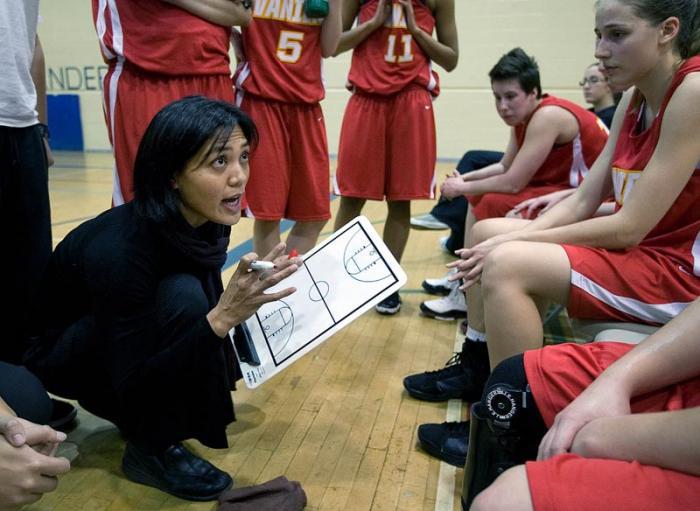
By Dr. Tomi Wahlström |
Academia has changed a lot and many observers have noted that higher education is in a sort of a crisis. This may be debatable but it is certain that there are some significant challenges in the horizon and some of them have already arrived. There have been increasing numbers of college closings and overall enrollment rates have declined. The number of international students have plateaued. Meanwhile, tuition costs have continued to increase while student loan interest rates have increased. College has become unaffordable to many and ivy level schools have become even more elite. The value of the college degree itself has been debated as the number of college degreed individuals unemployed has increased. This is certainly worse for some majors than others, and especially liberal arts degrees have been a target of discussion. Therefore, many liberal arts schools have failed to make the case for their sustainable existence.
Universities and colleges offering degree programs in sport education are not an exception from the general norm. However, some special mission schools may be relatively better off than many liberal arts schools. This is partly because sport industry itself is healthy and growing. It is also becoming increasingly professional and the value of well-trained coaches and managers is being increasingly recognized. Education is valued and it is no longer sufficient enough to just move up within the industry by sticking around and hoping for the next logical promotion without some education. At the same time, it is not universally agreed that all coaches and sport managers should have college degrees. Many ask whether they really need the general education core courses to be successful. Do they need to learn history and humanities, for example, to be good at their jobs? The answers vary and a case can be made for the need of critical thinking that can be learned from taking a philosophy course, or some other courses. Certainly, a case could be made for the importance of biology and mathematics for coaches. They obviously need to understand biomechanics and some statistics. Strength and conditioning coaches especially tend to like their numbers and charts. Similarly, sport managers do need to prepare budgets and therefore need basic math skills. They also need to write emails and memos for which they need to take English courses. So, ultimately there is a lot to be gained from liberal arts education. However, it is hard to predict how well all of the knowledge gained from these liberal arts courses will generalize and transfer into sport careers.
There are many types of jobs in the world of sport. Many jobs do not require college degrees. A case could be made that a certificate, certification, or diploma would be sufficient to teach the proper skills and knowledge required for many, at least, entry level jobs. These micro-credentials can be cheaper and faster to earn, and they tend to be more practical in terms of the content of the courses. Perhaps this is where the future of sport education should be going. Stackable micro-credentials could be structured in a way that sport professionals would be able to gain the exact skills and knowledge they need when they need it. Ideally, these micro-credentials could then also be converted into degree credits in a way that these professionals could at some point pursue academic degrees if they see the need for them. In the face of the challenges that the institutions of higher education are experiencing, it may be those who manage to innovate a structured on-demand system of stackable micro-credentials that will ultimately succeed. This may not be the case with all industries and fields but it seems that it would be a suitable model for the world of sport. Higher education industry needs to be re-structured and made more affordable, and stackable micro-credentials could be at least a beginning of a solution.
Dr. Tomi Wahlström is Vice President of Academic Affairs at the United States Sports Academy.